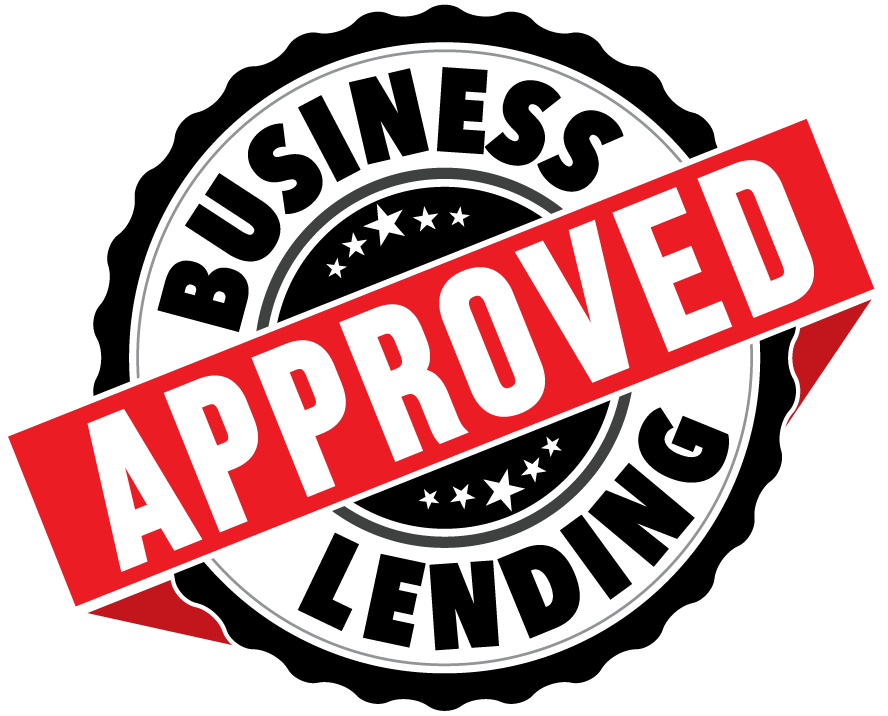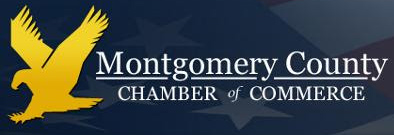Everything You Need to Know About an SBA 7(a) Loan
For small businesses in need of funding, the Small Business Administration offers solutions. The organization partially backs loans provided by banks, mitigating the risk for lenders. One of the most common types of SBA loans is the SBA 7(a) loan. Here’s what you need to know.
How the SBA 7(a) Loan Works
The Small Business Administration doesn’t provide loans directly. What the organization does is back the loan, which you can obtain through an SBA-approved bank, credit union, or online lender. The SBA guarantees 75% to 85% of the loan. You pose less of a risk to a lender, which increases your chances of approval. It’s a win-win for you and your lender.
Getting Started with an SBA Loan
Before you apply for the 7(a) loan (or any SBA loan), you need to make sure that your business qualifies. Requirements include:
- Operate for profit
- Meet the SBA definition of a small business
- Do business in the US
- Demonstrate your needs for funding
- Use the money for your business
- Exhaust all of your alternative sources of financing first
- Have invested equity
Some industries are automatically ineligible for SBA loans. You can visit the SBA website to make sure your business doesn’t fall into any of those categories.
If you meet the requirements and choose to move forward with the loan application, your first step is to find an SBA-approved lender. In addition to banks, you may also check credit unions, local banks, and online lenders. Using the SBA LINC tool, you can easily find lenders in your area. You can then compare each lender’s rates, terms, and qualifications to find out if they’re a good fit for you.
Once you find a suitable lender, you can begin the application process. You will need to provide several pieces of documentation, including financial statements, tax returns, your business plan, and more. After you submit your application, it can take a while to receive notice of approval or denial. If you’re approved, your lender will disburse your funds.
The Cost of a 7(a) Loan
The exact cost of an SBA loan varies based on the lender you select, as well as factors such as choosing a fixed or floating rate and your credit score. While the lender sets the rates, the SBA has limits that state the maximum amounts approved lenders can charge. When determining cost, don’t forget to factor in things such as origination fees and any other fees your lender may have.
The SBA 7(a) loan helps small business owners all across the country meet the needs of their businesses. If you don’t qualify for a conventional business loan through a bank, the 7(a) loan is worth investigating.

